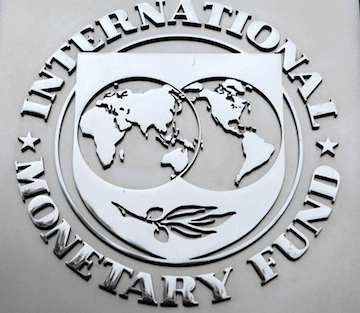

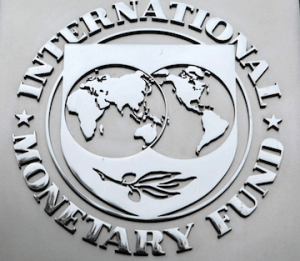 It is becoming clear that at the time the country was grappling with a crippling economic crisis, and had to turn to the International Monetary Fund (IMF) for a bailout, a staggering amount of the country’s wealth was looted, painting a picture of what could have saved us as a people, was diverted into individual pockets. This is what has seriously affected our journey towards a sustainable national development.
It is becoming clear that at the time the country was grappling with a crippling economic crisis, and had to turn to the International Monetary Fund (IMF) for a bailout, a staggering amount of the country’s wealth was looted, painting a picture of what could have saved us as a people, was diverted into individual pockets. This is what has seriously affected our journey towards a sustainable national development.
But for the Operation Recover All Loots (ORAL) team, which was put in place even before President John Dramani Mahama was sworn in, we would not have known the scale of the rape of the nation by those who only wanted to create havoc on the country.
Already, the final report presented to the President, by the ORAL team has uncovered over $20 billion in looted funds – a figure so astronomical that it boggles the mind. This begs the question: what transformative impact could these ill-gotten gains have had on Ghana’s development if they had been rightfully reclaimed and reinvested?
One of the most glaring challenges hampering Ghana’s progress has been the chronic underinvestment in critical infrastructure. From the dilapidated state of roads and bridges to the unreliable power supply and limited access to clean water, the country’s aging infrastructure has struggled to keep pace with the growing demands of its population.
The ORAL team’s report has uncovered a startling revelation about the state of government-owned properties, exposing the staggering scale of loot, waste, and neglect. Their report also revealed that they have successfully prevented the demolition of over 50 government bungalows, including those belonging to the National Development Authority.
These bungalows, meant to provide affordable housing for civil servants and government officials, had become dilapidated due to years of chronic underfunding and lack of maintenance. Rather than investing in their upkeep and restoration, the outgone government had reportedly green-lighted their demolition to make way for private development projects.
Chairman of the ORAL team, Samuel Okudzeto Ablakwa, said the systematic neglect and demolition of government properties is not only a waste of public resources but also a betrayal of the trust placed in those who are meant to safeguard these assets for the people, and that the recovered funds could have been a lifeline to preserve these buildings and ensure that they continue to serve the public good.
These bungalows were just part of a broader trend of the previous government prioritizing private development over the preservation of its own assets. Across the country, scores of government-owned properties, including administrative offices, staff quarters, and even educational facilities, had been earmarked for demolition to make way for commercial ventures.
Ablakwa said if 36 cases they reviewed in detail are successfully pursued, the country could recover about $20.49 billion. These include cases such as the National Cathedral, PDS, SML, and GNPC Saltpond decommissioning. He also said cases involving state lands could also lead to significant financial recovery. “We have also estimated the value of state lands captured by individuals. If these individuals are made to pay the conservative market value for the lands they have taken, we could recover approximately $702.8 million for the Ghanaian people, ” Ablakwa added.
The ORAL team’s revelations have ignited a renewed sense of outrage and determination among the Ghanaian people, who are demanding that those responsible for the looting be held accountable and that the recovered funds be utilized for the betterment of the nation.
President Mahama has already taken the crucial step of presenting the report to the Attorney-General and Minister for Justice, signaling a commitment to pursuing prosecution and the retrieval of the looted funds.
The ORAL team’s findings have shed light on the broader issue of mismanagement and lack of accountability within government circle. The fact that significant sums of money were allegedly looted from state coffers, even as critical government infrastructure fell into disrepair, underscores the urgent need for complete reforms to enhance transparency and fiscal responsibility.
Hopefully, government will invest in the restoration and maintenance of government-owned properties, so that the authorities can not only provide affordable housing and office space but also set an example of responsible asset management for the public sector.
These funds could help fund modern, reliable power grids supplying uninterrupted electricity to homes and businesses, spurring industrial growth and improving the quality of life for millions. It could also help provide water treatment plants and distribution systems ensuring access to clean, safe drinking water for all Ghanaians – a basic human right that has eluded far too many.
These infrastructure upgrades would not only have improved the lives of Ghanaians but also laid the foundation for sustainable economic growth. Efficient transportation links, stable electricity, and reliable water supplies are the building blocks of a thriving economy, attracting investment, creating jobs, and driving productivity.
The recovered funds could have been channeled into bolstering Ghana’s human capital by enhancing healthcare facilities and improving access to quality education. This would have empowered Ghanaians to contribute more effectively to the nation’s development, breaking the shackles of generational poverty.
As the country navigates through this challenging period, the recovery of the looted funds must remain a top priority. The successful repatriation and prudent allocation of these resources could serve as a springboard to transform the country into a beacon of progress, setting an example for other African nations grappling with the scourge of corruption.
It is not going to be easy to navigate the complex legal and diplomatic channels necessary to retrieve the stolen assets. This will require unwavering political will, a steadfast commitment to the rule of law, and international cooperation. Equally crucial will be the transparent and accountable management of the recovered funds, ensuring that they are channeled into projects that truly benefit the people.
President Mahama deserves commendation for assembling a highly diligent and capable ORAL team that managed to uncover such an astounding level of looted funds in a remarkably short period of time. The team’s relentless efforts, combined with the brave individuals who came forward with critical information, have exposed the true depths of the corruption that has plagued Ghana for far too long.
With this report in hand, the government now has a crucial opportunity to reclaim these stolen assets and channel them towards the country’s long-overdue development. The Ghanaian people eagerly await the government’s decisive actions to hold the culprits accountable and put the recovered funds to work for the betterment of the nation.
By Innocent Samuel Appiah
The post Ghana’s development woes appeared first on Ghana Business News.
Read Full Story

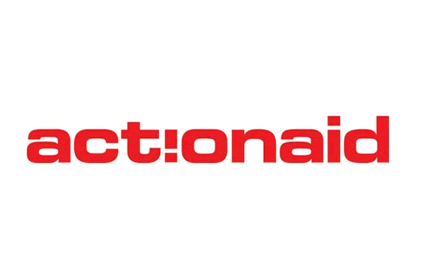






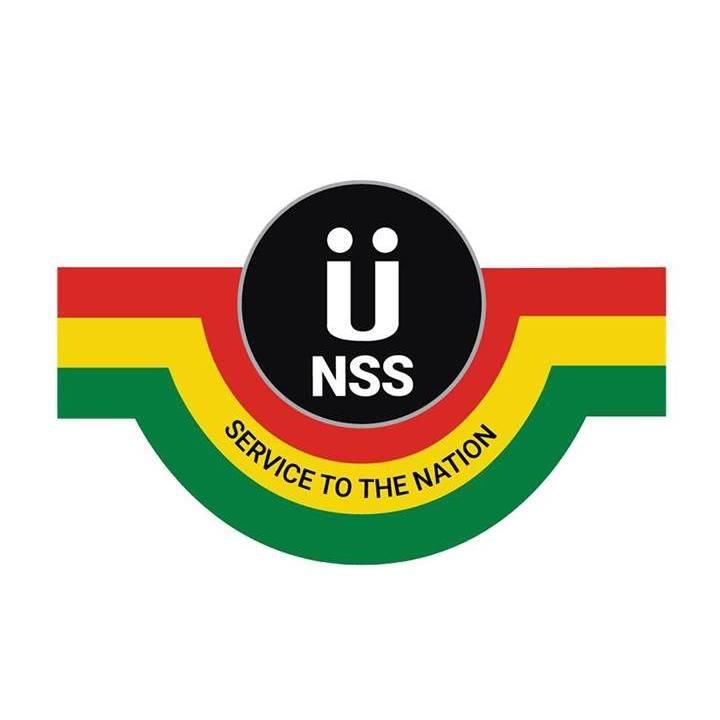
![[Video] Heartbroken husband of nurse who burnt to death inconsolable at funeral](https://sportal365images.com/process/smp-images-production/pulse.com.gh/16022025/16d8d3d4-b4c7-49b0-8b05-9608091145c1.jpg)
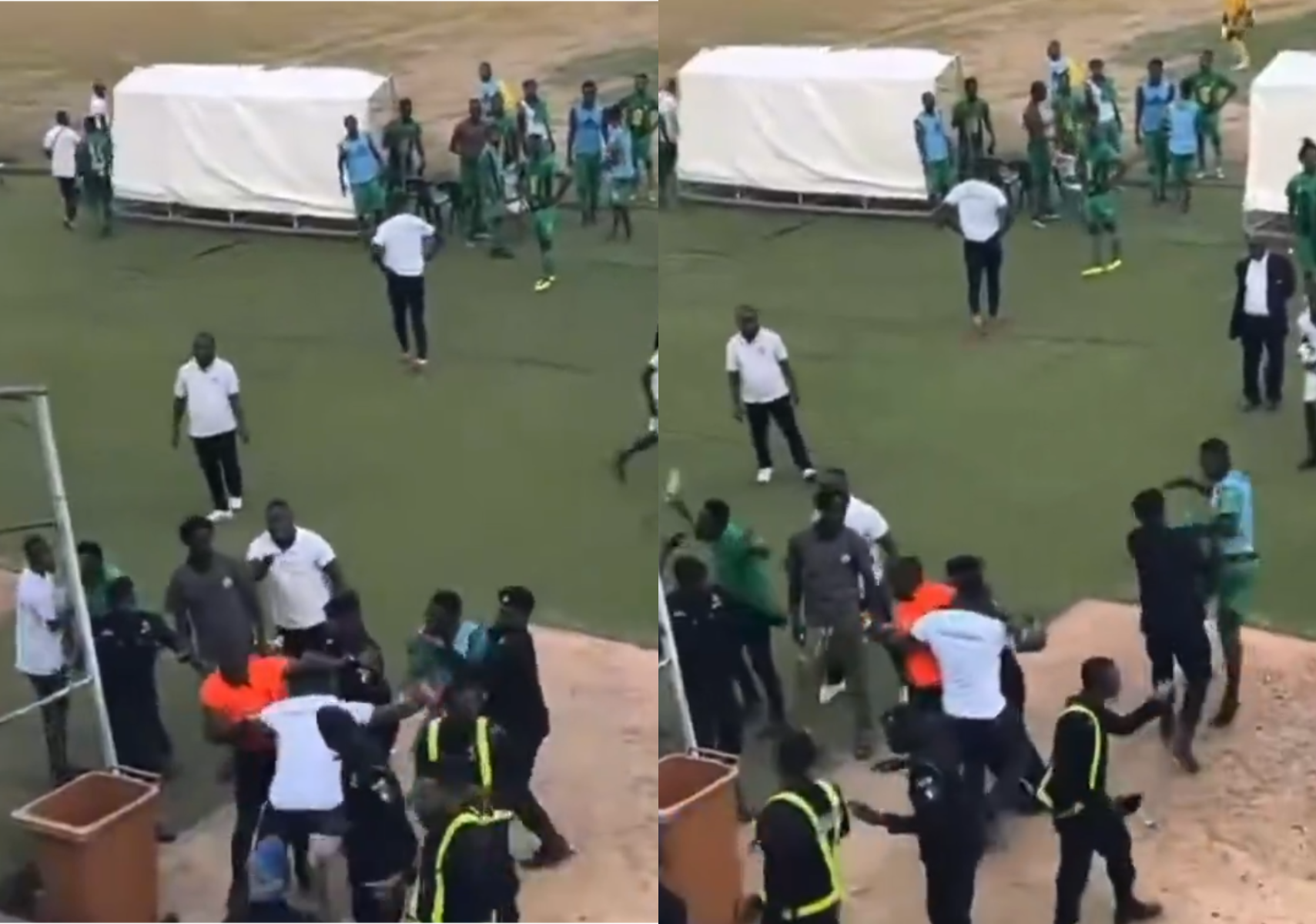
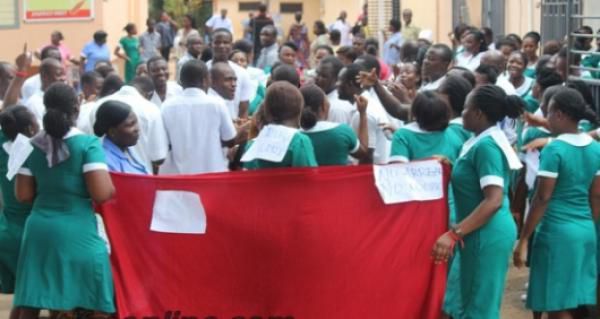
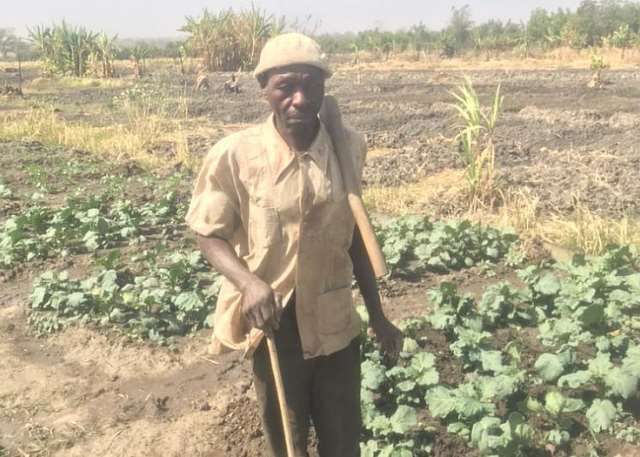

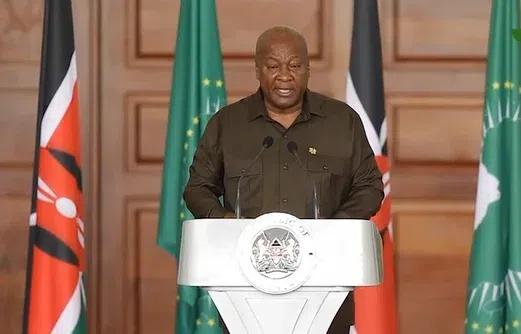

Facebook
Twitter
Pinterest
Instagram
Google+
YouTube
LinkedIn
RSS